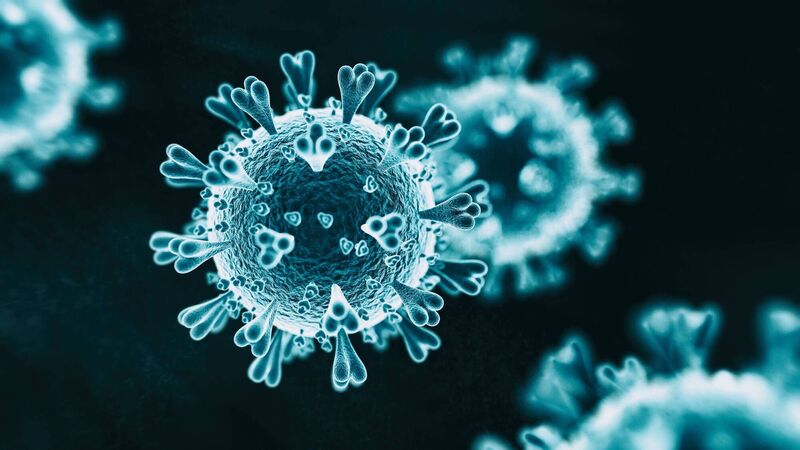Doctor who warned of Covid impact last January says new variant could keep schools shut

Last January, Dr Eric Feigl-Ding compared the virus to the Spanish flu, a statement that was dismissed as alarmist.
The new B117 variant of Covid-19 in Ireland could keep schools shut for longer than expected.
That's according to the US epidemiologist Dr Eric Feigl-Ding, who gained notoriety in January 2020 when he posted a detailed warning of the likely impact of the virus, which had, at that point, only brought Wuhan in China to a standstill.










